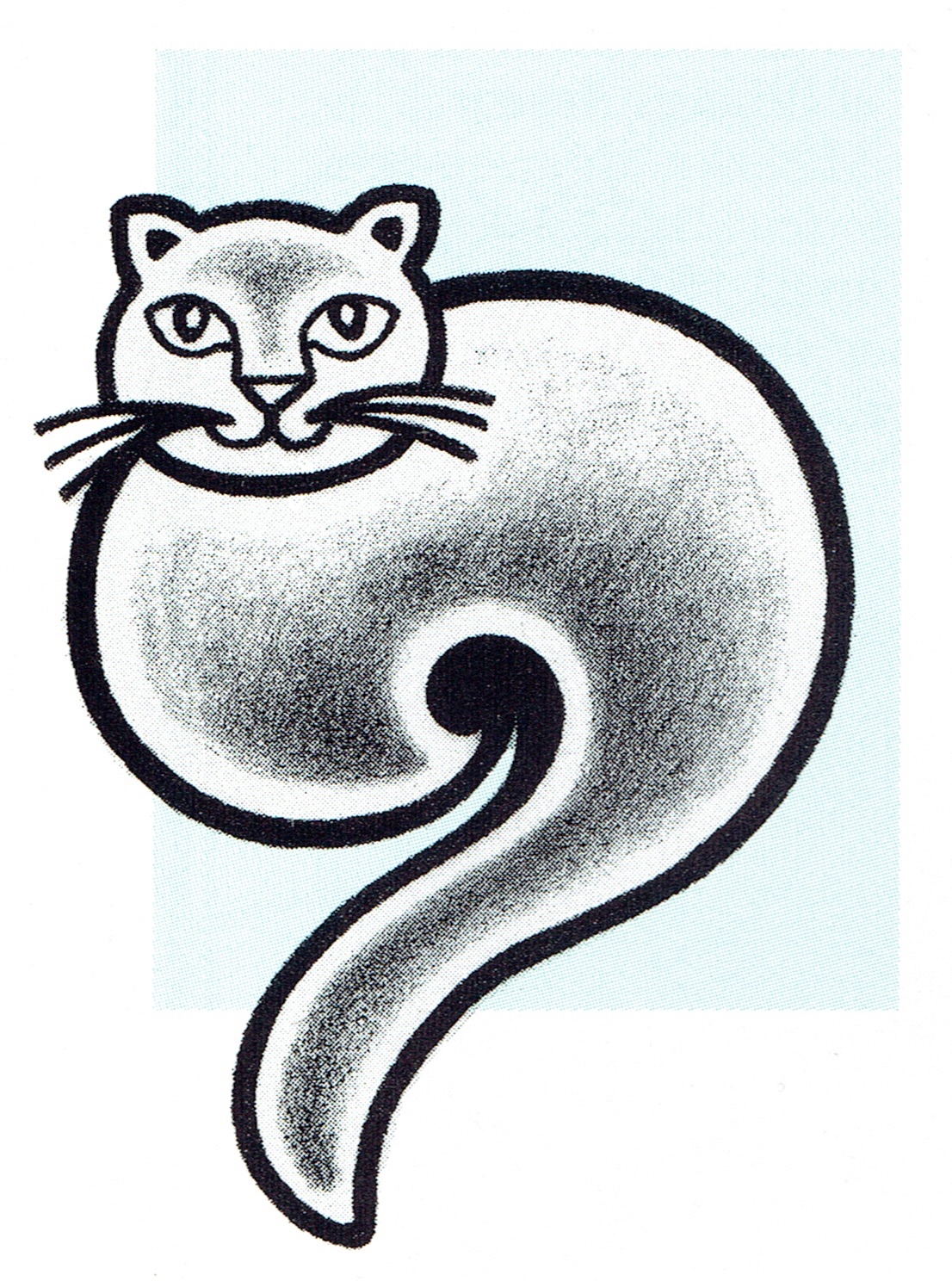How to cite this article:
David N. Bivin, “Heniadys in the Synoptic Gospels” Jerusalem Perspective 52 (1997): 14-15 [https://www.jerusalemperspective.com/2785/].
Revised: 3-Aug-2021
Hebraisms are as ubiquitous in the Synoptic Gospels as cats in Jerusalem. One of my friends says that there are more cats in Jerusalem than any other city in the world. You find cats everywhere in this city. If you pass a rubbish bin, you may be startled as several cats fly out. You may also be startled by the number of Hebrew idioms in the Synoptic Gospels.
Mark each Hebraism that is presented in the pages of JerusalemPerspective.com in your Bible, perhaps using a highlighter. In time, as you identify more and more Hebraisms in the texts of Matthew, Mark and Luke, you will see the gravity of the evidence for assuming a Hebrew tradition behind the Synoptic Gospels.
Scarcity of Hebrew Adjectives
Adjectives are relatively rare in Hebrew. One way Hebrew overcomes its scarcity of adjectives is by using two nouns linked together by the conjunction “and.” Grammarians call this usage “hendiadys,” two terms connected by “and” that form a unit in which one member is used to qualify the other.
Hendiadys, common in Greek, is no stranger to English either: “nice and warm” means “nicely warm.” “I am good and mad” does not mean “I am good and I am mad,” but “I am very mad.” The order of the two terms is irrelevant.
Paid Content
Premium Members and Friends of JP must be logged in to access this content: Login
If you do not have a paid subscription, please consider registering as a Premium Member starting at $10/month (paid monthly) or only $5/month (paid annually): Register
One Time Purchase Rather Than Membership
Rather than purchasing a membership subscription, you may purchase access to this single page for $1.99 USD. To purchase access we strongly encourage users to first register for a free account with JP (Register), which will make the process of accessing your purchase much simpler. Once you have registered you may login and purchase access to this page at this link:
Your Challenge
Now that you know what to look for, can you find other instances of hendiadys in the Synoptic Gospels? (Remember, some instances of hendiadys in the Synoptic Gospels may be Grecisms since hendiadys is common in Greek.) Using one of the more literal translations of the New Testament, such as the King James Version, Revised Standard Version or New American Standard Version, look for nouns connected by “and” that do not make perfect sense in context. It is often possible to identify Hebrew idioms using only an English version of the New Testament.


































































































